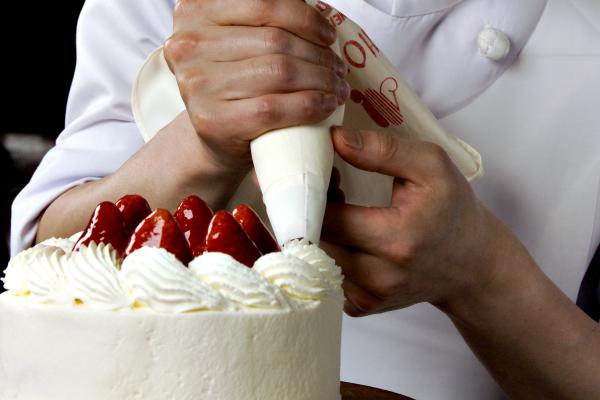Feb 1, 2016
In an about-face that has surprised many of his allies, a prominent gay rights campaigner has criticized a court’s decision in Northern Ireland to charge a bakery with discrimination for refusing to ice a cake with a slogan in support of same-sex marriage. Peter Tatchell of Great Britain, a leading voice on LGBT issues, came to the defense of the Ashers Bakery in Belfast with a column published on Feb. 1 in the Guardian.
Read the Full Article

Already a subscriber? Login
